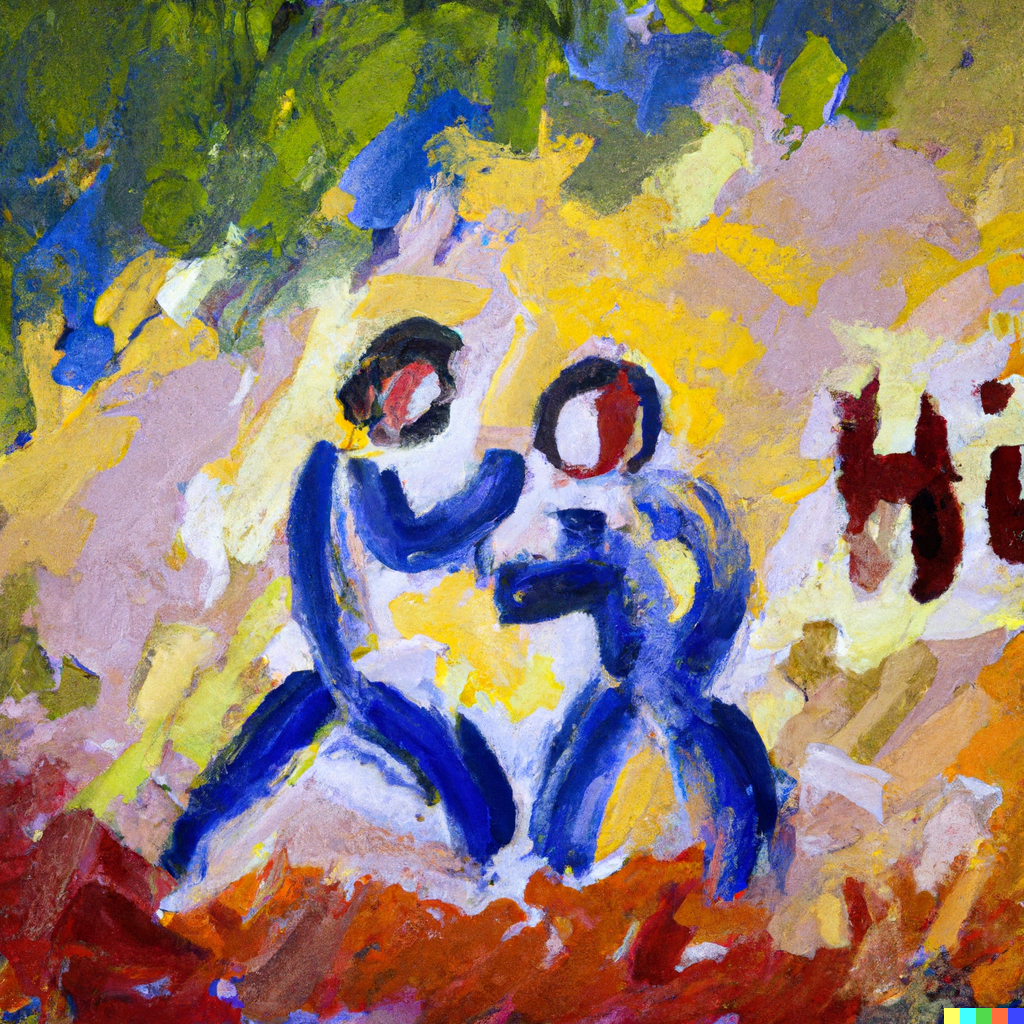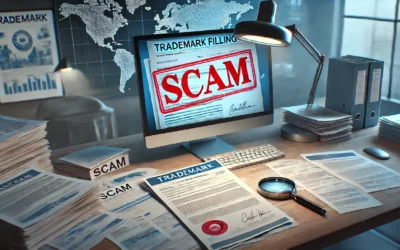Sometimes especially smaller entrepreneurs ask us whether the trademark should be in the name of the business or whether the entrepreneur should be the owner of the trademark.
Both options are entirely possible, and both have their upsides and downsides. There is no “correct” answer, other than it is always important to know who the owner is. Sometimes even that might be difficult to establish. Here are three cases that highlight why it’s important to know who the actual owner is and why it matters.
Rolls-Royce
In 1998 German car manufacturers BMW and Volkswagen were in a bidding war to acquire Briths company Rolls-Royce Motor Cars Ltd. In the end, BMW dropped out of the race and Rolls-Royce was sold to Volkswagen for £430 million.
Volkswagen shortly found out that the famous ROLLS-ROYCE trademark did not belong to Rolls-Royce Motor Cars, but rather to Rolls-Royce plc, the aircraft engine maker. Rolls-Royce Motor Cars had only had the license to use the ROLLS-ROYCE trademark.
After Volkswagen had acquired Rolls-Royce Motor Cars, Rolls-Royce plc decided to sell the ROLLS-ROYCE brand to BMW for $66 million.
Volkswagen was left without the most valuable asset they had been after with the acquisition, the ROLLS-ROYCE brand. In the end, Volkswagen was given a license by BMW to use the brand name until the end of 2002. Volkswagen also acknowledged publicly that without the brand, the acquisition price should have been much lower.
WeWork
In the lead-up to its initial public offering (IPO) in 2019, WeWork was facing several challenges, including concerns about its corporate governance and valuation. One of the most controversial issues was the ownership of the trademark “WeWork”.
WeWork’s controversial CEO Adam Neumann had registered the trademark WeWork (and other related trademarks) in the name of his own company (not WeWork), confusingly named WE Holdings LLC. In 2019 WeWork bought the trademarks from Adam Neumann’s company for $5.9 million. The deal only became public with the IPO documents filed with the US Securities and Exchange Commission and was met with widespread criticism.
Many questioned why a company should pay its own CEO for the right to use its own name. WeWork had used its (and its investor’s) money to make the brand and by extension the trademarks, more valuable. Ironically, its successful brand building meant that it had to pay more for the brand it had created but did not own.
The WeWork trademark saga was a major setback for the company’s reputation and contributed to the cancellation of its IPO.
Havana Club
Havana Club brand was established in Cuba in 1934 by the Cuban company José Arechabala S.A. It quickly became a popular rum brand in many countries, including the US. In 1960, the company and its assets, including the trademarks, were seized without compensation by the Castro regime in the aftermath of the 1959 Cuban revolution.
The Arechabala family eventually fled Cuba and their US trademark registration lapsed in 1974 for non-renewal. The Cuban government owned company Cubaexport immediately stepped in and registered trademark HAVANA CLUB in the US. Later, it teamed up with the French company Pernod Ricard, establishing a joint venture Havana Club Holdings SA, for commercialising Havana Club brand globally.
Meanwhile, in 1997, the Arechabala family sold the rights to the original Havana Club rum recipe and all trademarks to their former Cuban adversaries, the Bacardi family.
Due to the Cuban trade embargo, Cubaexport’s trademark renewal payment for their US trademark HAVANA CLUB was refused in 2006 by the United States Patent and Trademark Office (USPTO) and the registration lapsed. However, ten years later in 2016, the USPTO decided that the trademark had been duly renewed after all. Bacardi sued the USPTO in 2021, claiming that they had no authority to accept the late renewal and that the registration should be considered lapsed. In 2022, Bacardi’s claim was rejected and the HAVANA CLUB trademark still belongs to Cubaexport in the US, as well as in most other countries.
The ownership of the HAVANA CLUB trademark has been litigated in many countries and courts, including the US and Spanish Supreme Courts, and it has been a subject of a dispute between the EU and the US in World Trade Organization’s dispute settlement panel. At the moment, there is no end in sight. Both Pernod Ricard (through Havana Club Holdings) and Bacardi consider themselves the rightful owners of the brand.
So, who owns the brand?
Unlike the HAVANA CLUB case, most trademark ownership cases do not involve revolutions, armed seizures, nationalisations, supreme court decisions from multiple countries, or trade disputes between superpowers. But one thing they have in common is that there are always financial stakes involved. That’s because the brand is often the most valuable asset of a company, and the legal ownership of the brand is manifested in trademark registrations. That’s why Bacardi and Pernod Ricard have spent millions in battle for the HAVANA CLUB trademarks, Volkswagen overpaid for Rolls-Royce, and WeWork’s IPO went sideways.
If you’re building a business, investing in one, or buying one, it is crucial that you know who is the legal owner of the trademarks that the business is using.
See also
Booking.com trademark in the USA and the EU
Is Volkswagen changing to Voltswagen? Here’s a clue



